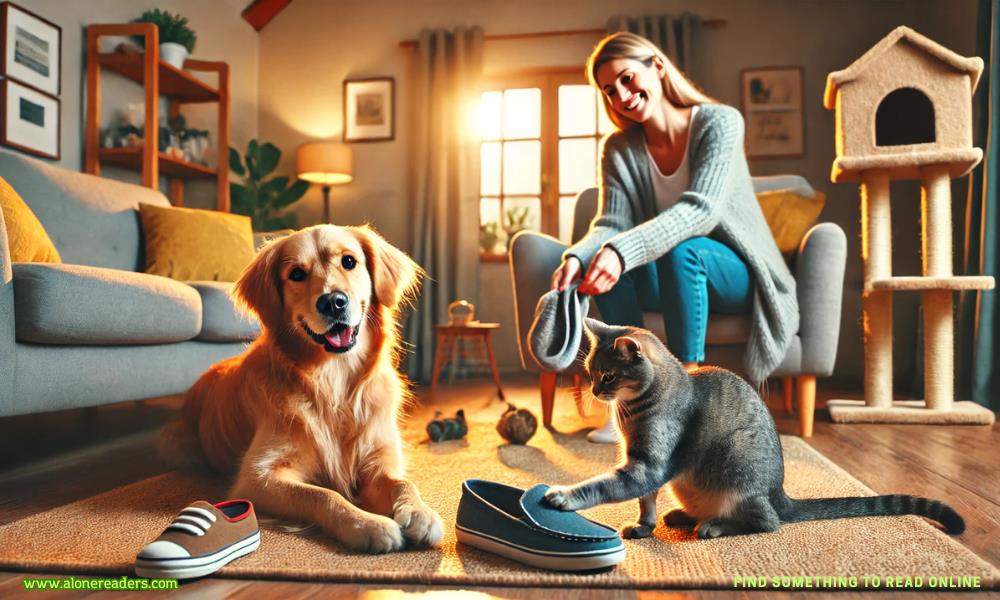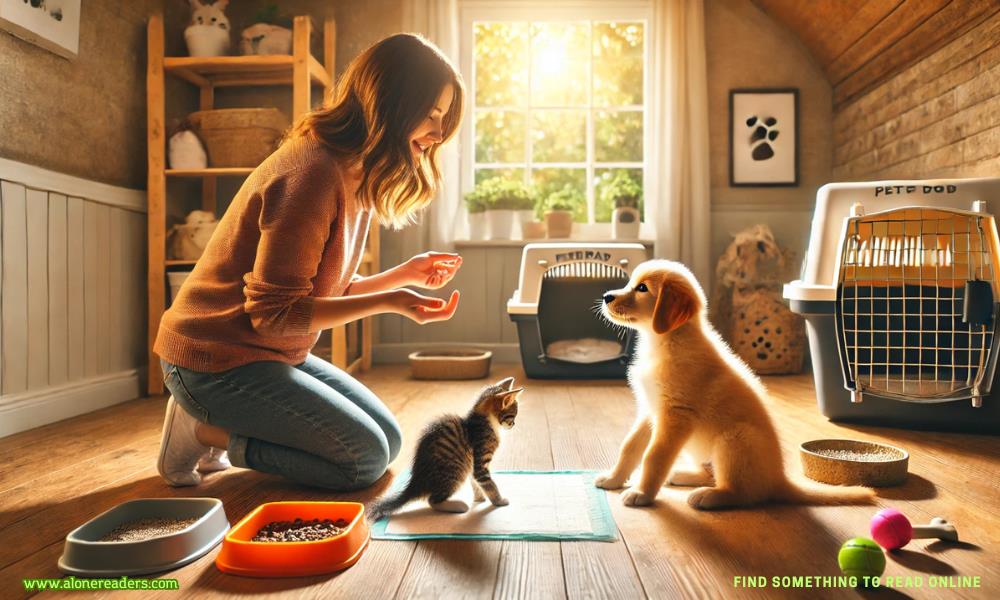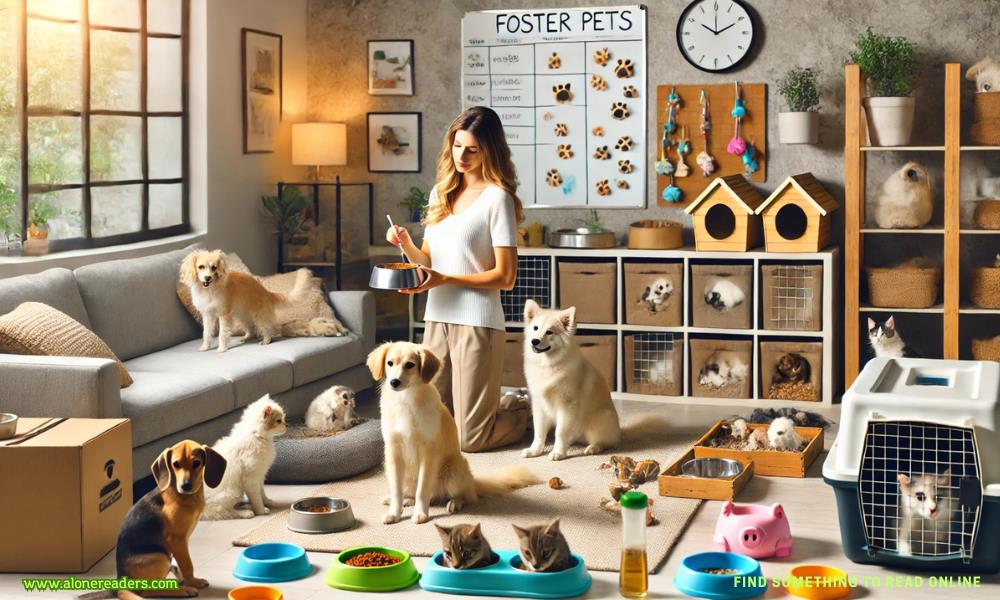Page 1 of Wild About You
CHAPTER 1
‘Goodbye, Anna. I’m so sorry.’
That was it. That was the moment.
I remember the tone of voice Sean used, as he said those words (in a very annoying, solemn manner, as if he was a politician, rather than the man I’d spent years sharing my bed with). I remember very clearly the sound of the door – our front door – as it closed.
I’m told change takes time, planning, baby steps. But that moment was all I needed to change. The old Anna fractured into a million pieces and fell away, to leave someone new standing there.
Full confession: before that door closed, I was the type of person who said yes toeverything.
The old Anna ticked off activities as though life was one long to-do list. Report with a one-day deadline?No problem.Charity sprint at the weekend?Please find attached a link to my sponsorship page. Hipster bar which flavours all of its drinks with chilli?See you at six. I bought and read all of those shiny self-help books.100 Ways to Yes. The Extraordinary Power of Yes.How I Surrendered to the Yes and Changed my Life. I was once voted Most Positive Team Member in my office. Which, now I come to think about it, is slightly nauseating.
Take a breath, Anna, I should have said.Some things are beyond your control. But no, my life was about plans, and goals, and positive thinking. Until that moment.
Just before Sean left, the axe had finally fallen on our hopes of having a baby after three years of trying. There were long words, and plenty of hesitation, as the doctor tried to explain what was unexplainable. And whilst there were gaps in the medical understanding – fertility seemed to comprise half hard science, half hope and magic – the essential point we all took from the conversation was this: it was me. My body wasn’t doing what it needed to do.
There was a part of me that knew things had ended in the precise moment we were told. There had been a shift in the air, even as I gripped Sean’s hand in the consulting room. We weren’t holding onto each other;Iwas holding ontohim. When he finally said the words, two days later, he felt awful about it, of course he did. That’s what he said:awful. He loved me, but having a child was non-negotiable to him.
I think I took it pretty well at the time, in that I didn’t say anything other than ‘oh’, before watching him leave, thencarefully collecting my make-up bag, a handful of pants and a selection of loungewear and going to my sister Rose’s house, where I became a sobbing snotty mess as soon as I walked through the door. There I stayed, setting up camp in her spare room rather than returning to the flat. As the evenings drew in that autumn, I found myself Netflix-and-not-chilling on a Friday, Saturday and Sunday night. Sometimes crying, sometimes quietly chipping away at a family-sized portion of tiramisu.
Sean and I were together for five years, and our relationship was so established, so central to everything, that it felt as though someone had kicked the main beam out from under my life when he ended it. I was assaulted by good memories: Sean massaging my feet after I’d spent the day in high heels; doing the crossword puzzle in bed together on a Sunday morning; the look of joy on his face when he’d knelt in front of me with the engagement ring in his hand. In an attempt to feel better, I’d dredge up the bad memories: the gag-inducing perfumes he used to buy me, which I always wore in an attempt to be nice; the way he criticised my driving; his habit of fading out if we had a difficult conversation.
Still, I moved through the classic stages of grief with denial at the forefront. This couldn’t have happened, could it? Rose and my friends agreed: Sean was in shock, that was all. Once the reality of my absence came home to him, he’d see things differently.
One week passed, then two, then three, and he didn’t see things differently.
My personal favourite of the grieving stages was anger. This hit me around Halloween, when I joked to my sister that I might spend the day dressed up as a murdered bride. Instead I knocked on the door of our flat and threw my engagement ring at Sean.
If I’m completely honest, the life I had pictured for myself had been slowly dissolving for some time, although I hadn’t wanted to admit it. Holding onto it had felt like trying to hold onto water. Many of my closest friends from younger days had gone, disappearing into the world of motherhood as if they’d stepped through a doorway into a parallel universe. I’d spent the last three or four years trying to arrange coffee dates or baby-friendly days out, but had come to see that there were simply some people who didn’t need me anymore. They needed their new friends, and those new friends were exclusively mothers. How ironic, then, that my fiancé now needed the same thing.
By December, when I thought of him or any part of our life together, it was with an empty deadness, as though it had happened to someone else. There was just a numb space at the centre of my chest, interspersed with the occasional stab of pain. I told my best friend Fi about this new feeling, thinking it was a positive thing. ‘Oh,’ she said, in a way that made me think she might be googling therapists for me at the same time as speaking to me on the phone.
One day, I caught a glimpse of myself in a shop window, and did a double-take at my worn, drained face. Fi’s voice on the phone that evening echoed my sense of unease.‘Perhaps,’ she said, ‘it’s best if you take a break from London. Find a calmer environment.’ It was the sameperhapsRose had said as I lay next to her on the sofa and she stroked my hair, having watchedBridgertonwith me for the eleventh time. It was time to leave London.
My managers at Mackenzie & Partners, the ecological and environmental consultancy where I was a project manager, were nonplussed by the changed me. For years, every time they’d thrown a project or a deadline in my direction, my first response had been ‘no problem’. They were supremely unprepared for the new edited response of ‘no’. So they tried to be supportive. But I wasn’t having any of it.
No, I did not want to write a bison reintroduction plan.
No, I did not want to meet with a millionaire and discuss hisvision.
No, I did not want to be put forward for promotion that year.
No, I did not want to work there anymore.
They were quibbling about whether to accept my resignation in light of the ‘difficult circumstances’ they understood I was going through. Nothing I said seemed to put a dent in their armour-plated belief in my faithfulness to Mackenzie’s. It was as though all my ‘yes’s’ added up over the years to the idea that I’d always, eventually, do whatever they wanted me to do. But this time I wouldn’t.
‘Where do you want to go?’ Rose asked me.
‘Nowhere,’ I said.
Stonemore, an estate owned by some random aristocrat(an earl, would you believe) set in a bleak, beautiful and hilly swathe of countryside on the edge of the Northumberland National Park, was my ‘nowhere’ of choice. It wasn’t an entirely random selection – Stonemore was home to my beloved Fi and her husband Richard. Richard’s family had always worked on the estate and Fi had gone there for love, having spotted Richard on holiday in Ibiza when we were twenty-one and swapped her high heels for wellies; she worked as personal assistant to the earl. She wore her happiness like a butterfly wears its colours, completely unselfconsciously and without any need to take a snap of it for socials. During one of our tear-sodden conversations, she mentioned quietly that the lord of the manor (sorry, earl) wanted to rewild Stonemore, and how did I fancy some fresh air and wide-open skies? ‘Yes,’ I said, the answer coming out so quickly it surprised me.
I was interviewed for the role of rewilding manager on Zoom by Callum McGregor, the estate manager at Stonemore. When I say interviewed, I mean that Callum occasionally raked his hair out of his eyes and fired a question at me, looking more uncomfortable than I did, sitting there in his waxed jacket with a map behind him. Still, there was a definite glint in his eye when I mentioned my experience of managing species reintroduction. The interview was also attended by the earl, and co-ordinated by someone called Tally (Fi had opted out on the grounds of conflict of interest, as one of my friends). Tally was a frosty-eyed, blonde-haired woman who kept mentioning London with contemptuousemphasis. As in ‘Not too much green space inLondon, is there?’ Towards the end of the interview, she asked if I’d ever worked for a peer of the realm before.
‘No,’ I said bluntly, trying not to appear defensive and probably coming across as chippy. It really didn’t help that she spoke with a cut-glass accent, which, coupled with her chilly expression, had the effect of kicking my ‘inferiority’ switch on.
‘Isee.’ She made a show of writing this down. When she asked Callum if he had any further questions, his ‘no’ was accompanied by a wry, relieved smile that made me think I would definitely get on with this man.
- Beneath the Burn by Pam Godwin
- Unhinged by Jane Henry
- Praise Me: Soldier by Jessa Kane
- Irresistible Temptation by Tory Baker
- The Brat and the Bodyguard by S.E. Law
- Seduced By the Mafia Don by Flora Ferrari
- However You Want Me by W. Winters
- Mountain Protector by Stella Banks
- Kissing My Brother's Best Friend by Lena Little
- Tempted By the Devil by Sienne Vega
- Husband for the Holidays by Dani Collins
- Arranged by Piper Stone
- Redemption by Tori Fox
- Inked Soul by Jade Marshall
- Speed by R.J. Scott
- Always You by R.J. Scott







